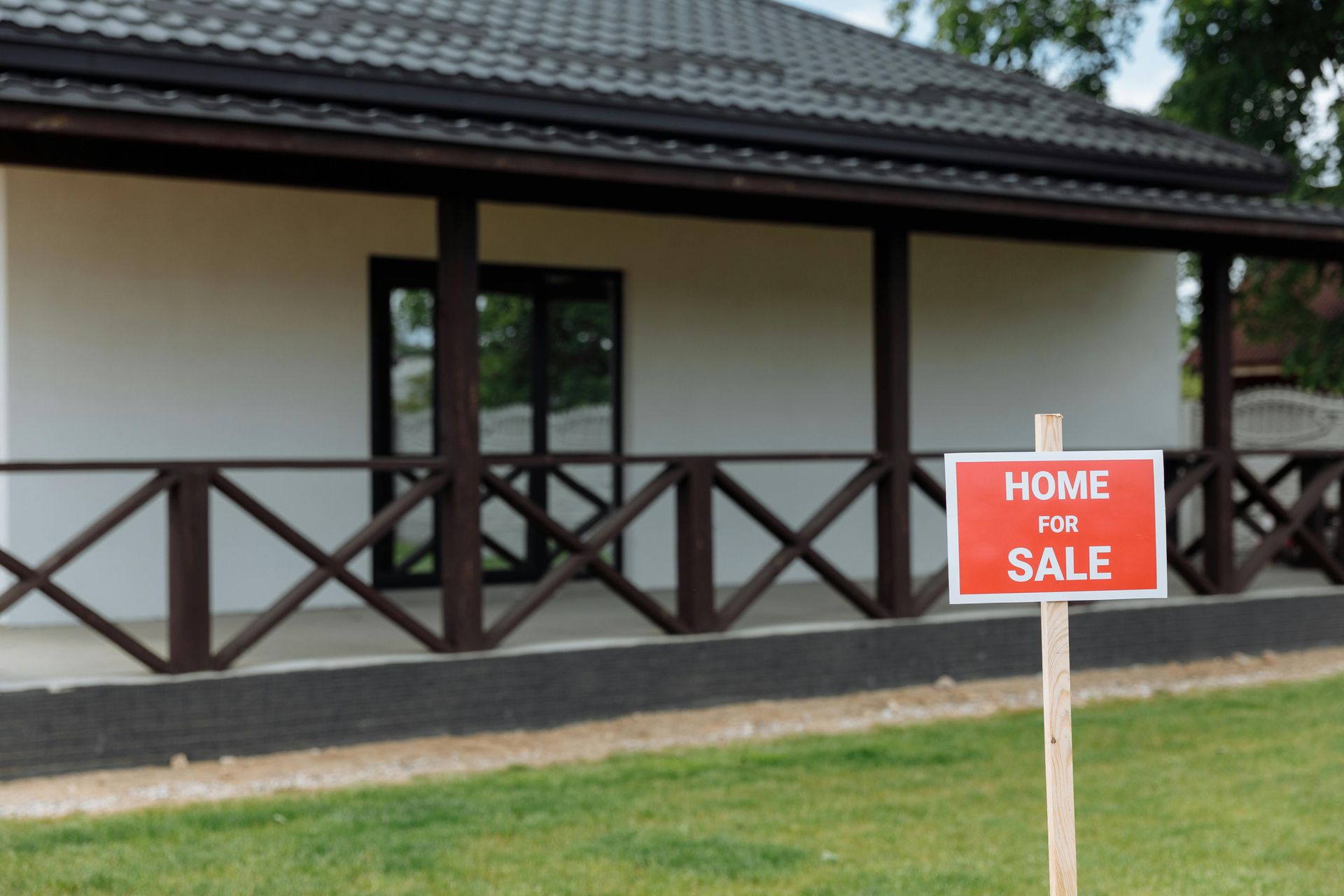Hybrid and Desktop Appraisals
The Intersection of Louisiana Real Estate Law and the Technological Evolution of Appraisals
Written By: Kristin Oglesby
In the ever-evolving technological era two types of appraisals have emerged: hybrid appraisals and desktop appraisals—appraisal methods that intend to utilize technology to make the appraisal process faster and more efficient.
A hybrid appraisal involves two people in the appraisal process, and results in a type of report in which a third party (usually another appraiser or a real estate agent) completes the in-person review of both the interior and exterior of the subject property, after which the third party reports his or her findings to the appraiser. The appraiser then gathers data necessary to complete the appraisal and render an opinion on the property’s value.
Though a desktop appraisal utilizes technology much like a hybrid appraisal, it is typically done exclusively in a remote fashion such that no physical inspection of the property occurs. To render a valuation using the desktop method, appraisers use all available data on a property to formulate their opinion of value.
Because both methods involve the collection of data to render the appraisal, companies who do this type of work are looking to real estate licensees to aid in data collection.
This leads to a host of questions for Louisiana real estate licensees, including whether a licensee can do this for a fee without running afoul of real estate license law or appraisal licensing law, whether the licensee can collect data on a home that the licensee is actively involved in buying or selling, what is considered data collection versus actual rendering of an appraisal, how consumers are protected, and what legal exposure data collectors have. This article addresses these specific issues in turn.





